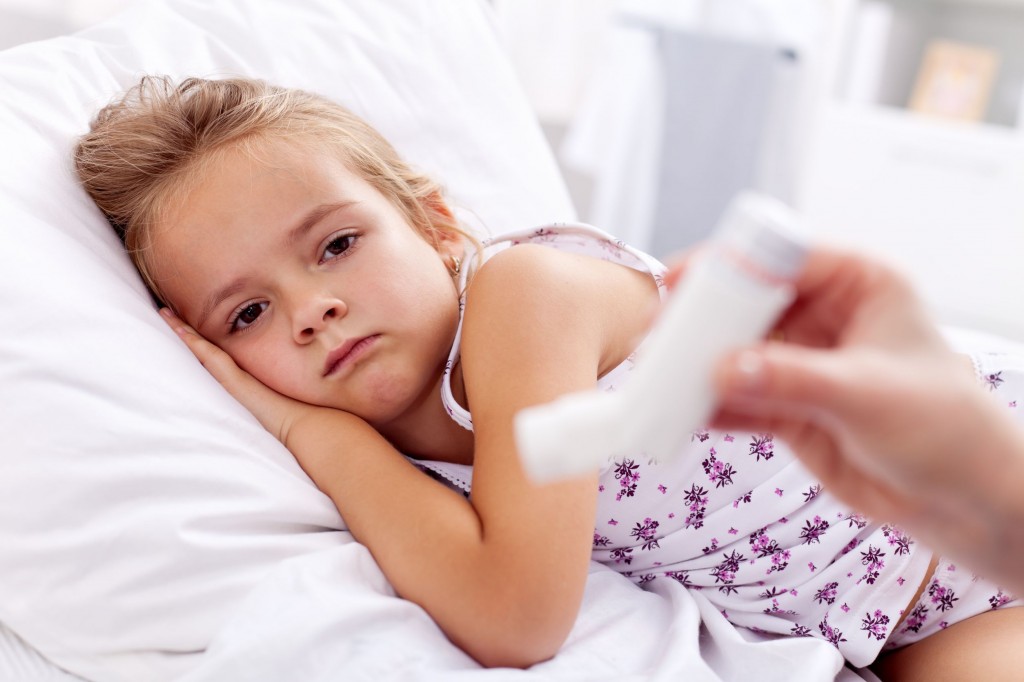Nearly 10% of children, or 7 million, in the U.S. suffer from asthma. In fact, pediatric asthma is the single most common chronic condition for kids. Previously, we only looked at the typical offenders for causing biological risk such as exposure to second-hand smoke, allergens or air pollution, as well as genetics and respiratory illnesses. However, new studies are considering other factors besides the physical. One study is claiming that there may be some social and mental forces to blame as well.
There has been prior research examining issues as poverty, poor housing, and lack of resources as a factor in childhood asthma. However, there had never been studies that focused on violent or upsetting family life as a way of triggering breathing difficulties.
A new study has just been released in Annals of Allergy, Asthma & Immunology, that may prove psychosocial effects (such as stress) can potentially increase the risk significantly for children to develop breathing problems. An emergency medicine physician at Hasbro Children’s Hospital named Robyn Wing, M.D., has led the study that is showing some results that will have you gasping for air…
Apparently, children who have been “…exposed to an adverse childhood experience (ACE) were 28 percent more likely to develop asthma.” Plus, the study found that there was a direct correlation between the more ACE exposures and higher likelihood of suffering from asthma. Children who had been exposed to four or more adverse childhood experiences had a 73% increase in asthma reports.
Adverse Childhood Experience (ACE) is any child that has:
- Had been living with a parent/guardian during the time of a separation/divorce
- Had been living with a parent/guardian who then passed away
- Had been living with a parent/guardian who served jail time during that time
- Had been living with anyone who was mentally ill, depressed, or suicidal for more than a few weeks
- Had ever lived with anyone with drug or alcohol problems
Wing’s study took information from almost 100,000 kids and teenagers based on a national health survey compared with parental reports of asthma or experiencing ACE at home.
How should respiratory therapists and doctors use this information?
“Physicians taking care of children with asthma should take the time to ask about the child’s home situation,” said Wing. “For children experiencing stressors at home, encouraging efforts to increase the child’s capability of handling stressors, using methods such as individual or family therapy, may help target pediatric asthma.”
Perhaps the new revelations in psychosocial factors will inspire parents to try harder to provide healthy home lives to their young ones. And if not, at least maybe this will open up richer dialogues between medical professionals and parents about the harm associated with ACEs.

